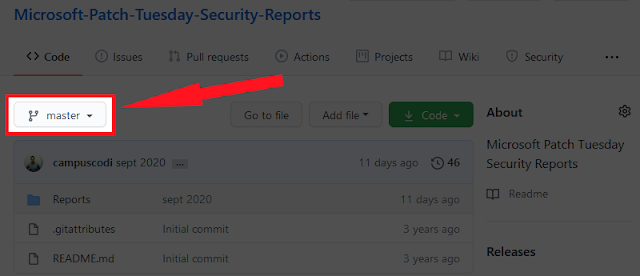Brazil investigates online voting

A demo in the upcoming elections will inform the potential future adoption of the remote model The Brazilian government is considering the adoption of online voting, in a move that aims to phase out the current electronic voting machine set-up and generate savings. The Superior Electoral Court (TSE) has released a request for proposals from technology companies and the firms will be able to demonstrate potential solutions in the upcoming municipal elections in November. The demonstration will be carried out with a sample of voters from the cities of São Paulo, Valparaiso de Goiás and Curitiba, who will choose fictitious candidates online. The demo results should inform the discussions over a potential change in the electoral process. According to the TSE, the investigations over a potential adoption of online voting aim to find a more modern approach for the electronic voting system to make the process of choosing elected representatives "even more democratic and accessible elec...


